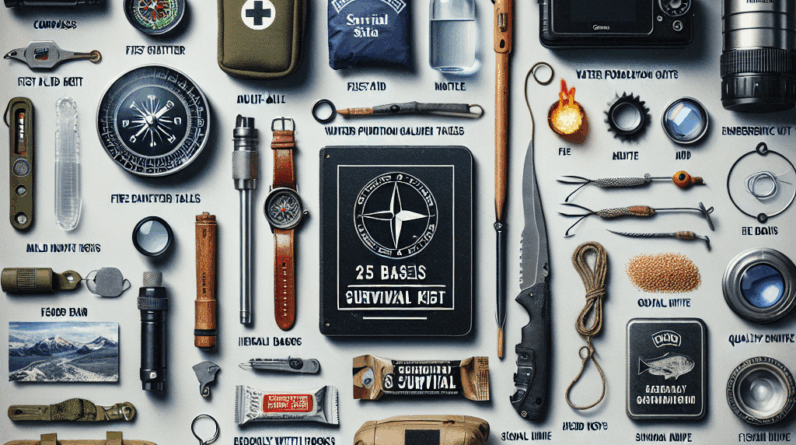Navigating your financial landscape in times of uncertainty can be challenging but rewarding. This guide will break down the essentials of financial preparedness, ensuring you’re equipped to handle whatever comes your way.
Understanding Your Current Financial Situation
Before you can effectively prepare financially, it’s crucial to thoroughly assess what you own. This involves compiling all your assets—such as cash, investments, real estate, and valuable personal items, like a rare guitar or designer shoes. Understanding the full range of your possessions sets the stage for effective financial planning.
The next step is determining your net worth by subtracting your debts from your assets. This calculation provides a clear picture of your financial health and highlights areas that may need more attention—often with surprising results.
It’s also important to consider emotional attachments to your possessions which might be clouding your judgment. Letting go of items like an old college laptop can liberate your mind and help shift your focus towards future financial goals.
Creating a Realistic Budget
When times are uncertain, forming a budget can seem overwhelming. However, by breaking down the process into manageable steps, it can become a liberating experience. Begin by meticulously documenting your monthly income and outgoings. There are numerous tools and apps available to help visualize your finances, or you can use a simple spreadsheet.
After establishing your income, classify your expenditures into essentials (such as housing and food) and non-essentials (like eating out and subscriptions). This distinction helps prioritize spending, making it easier to manage when unforeseen expenses arise.
Flexibility is key in budgeting; don’t hesitate to adjust your financial plan as your life and the economy evolve. This adaptability has helped me stay afloat during sudden economic changes.
Building an Emergency Fund
Emergencies are a fact of life, as I learned when my car broke down without warning. An emergency fund acts as a financial buffer that prevents debt during such crises.
Start small with your savings goals—perhaps aiming for $500, then gradually increasing to $1,000, and so on. This incremental approach makes the task less intimidating.
Additionally, consider automating your savings. By setting up automatic transfers to a savings account, you can steadily build your emergency fund with minimal effort. This strategy has significantly eased my financial stresses.
Investing Wisely
Investment can be a thrill ride, particularly in unstable times. Understanding your risk tolerance—how much loss you can handle before panic sets in—is crucial. This awareness will help guide your investment decisions.
Explore different investment options such as stocks, bonds, mutual funds, and real estate, weighing their advantages and disadvantages. Diversifying your investments can protect against significant losses in any one area.
Regularly educating yourself about market trends is also beneficial. I dedicate time each week to stay informed about financial news, which aids in making smarter investment choices.
Staying Flexible and Adaptable
Change is inevitable, and adaptability is essential in safeguarding your financial well-being. I’ve had to pivot during tough times, like losing a job during a recession, which opened up new freelance opportunities.
Regularly review your financial strategies and objectives, perhaps on a quarterly basis, to ensure they remain aligned with your current life situation and broader economic conditions. This regular reassessment acts as a financial health check.
Never hesitate to seek advice or support from others. Engaging with friends, family, or financial professionals can offer new perspectives and alleviate financial worries.
Frequently Asked Questions
1. What is the first step in financial preparedness?
The initial step is to evaluate your current financial status by assessing your assets and liabilities. This foundational step is vital for strategic planning ahead.
2. How much should I save for an emergency fund?
It is ideal to save between three to six months’ worth of living expenses. However, starting with a smaller, more achievable goal can help you build momentum.
3. What is diversification in investing?
Diversification involves spreading your investments across different asset classes to minimize risk. This strategy helps protect your portfolio from significant losses in any single area.
4. How often should I review my financial plans?
I recommend reviewing your financial plans at least quarterly to adapt to personal life or economic changes, ensuring your strategies remain relevant and effective.
5. Can I seek help with financial planning?
Absolutely! Consulting with friends, family, or financial experts can provide valuable insights and support. Seeking help is a prudent approach to enhancing your financial plans.



